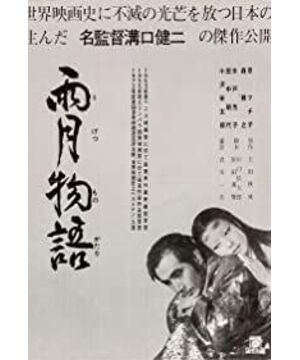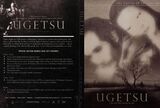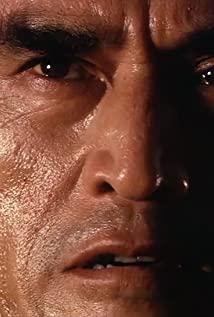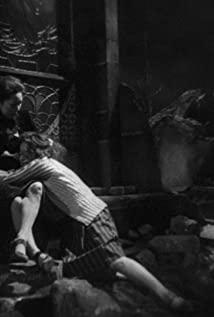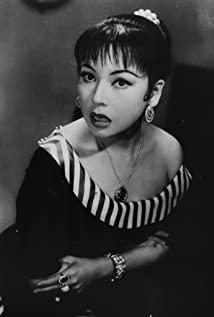Although the film is a fantasy film, it uses a lot of long shots and one scene, and it is undoubtedly a masterpiece that combines realism and fantasy (Note: Realism does not equal realism).
Bazin once said that a long shot is very close to a complete and natural reproduction of the objective world. In contrast, the garish montage was full of the director's subjective interpretation of the objective world, which is a "fragmentation" of reality.
But what is the "objective world"? This movie inspired me: the objective world is not in the meaning of Ma Zhe, but in a broad sense. It can be either a fictional fantasy world or a real real world, because no matter which world, there is a set of operating rules of its own. and spatial arrangement, so it's all a complete cycle. Therefore, no matter which world it is, the director's subjective interpretation can be understood as severing the integrity of that world.
Back to the movie itself. Essentially, the film is still the long-shot + depth-of-field set, but it plays a different trick (although this trick is not created by it; such as "The Will of Dr. Mabus"). Specifically, Mizoguchi is based on the long-shot's own sense of "space-time continuity" and the principle of time-space transformation and scheduling within the long-shot to create a realistic "spiritual sense". This is reflected in the scene where the craftsman goes home to look for his wife in the film: the first time he rushed into the house to look for his wife and children, he didn't see his wife and children. He went around the house in a hurry and came back, but found that his wife was there ( The scheduling here is very awesome: first, the craftsman is followed in the house. After the craftsman leaves the house, the camera slowly moves from the end of the house to the front of the house, and then the two meet).
In addition, because the film uses a lot of deep-focus telephoto lenses, the film is very realistic as a whole, which also makes many fantasy (weird) scenes in the film more realistic. These fantasy clips include but are not limited to: rafting in rain and fog (this scene established the fantasy tone of the entire movie), various strange ancient rhyme soundtracks, the performances of the two female ghosts in the haunted house, and recitation/various light and shadow/girl ghosts Noh performance / Whispers of the samurai helmet of the female ghost father's death, etc.
Some fly in the ointment is the ending of Fujibei: inexplicably seeing his wife become a prostitute, he gave up all his fame (according to the logic of his previous behavior regardless of his wife's persuasion, he should not have given up directly and decisively), and because he became a prostitute before And his wife, who seemed to be inseparable with him, suddenly reconciled with him completely, and their final dialogue was full of preaching lines that were completely different from the previous lines in the film. Later, I heard that the ending of this paragraph was not what Mizoguchi hoped, but the producer asked him to add it. No wonder, it is a pity for this masterpiece.
View more about Ugetsu reviews


